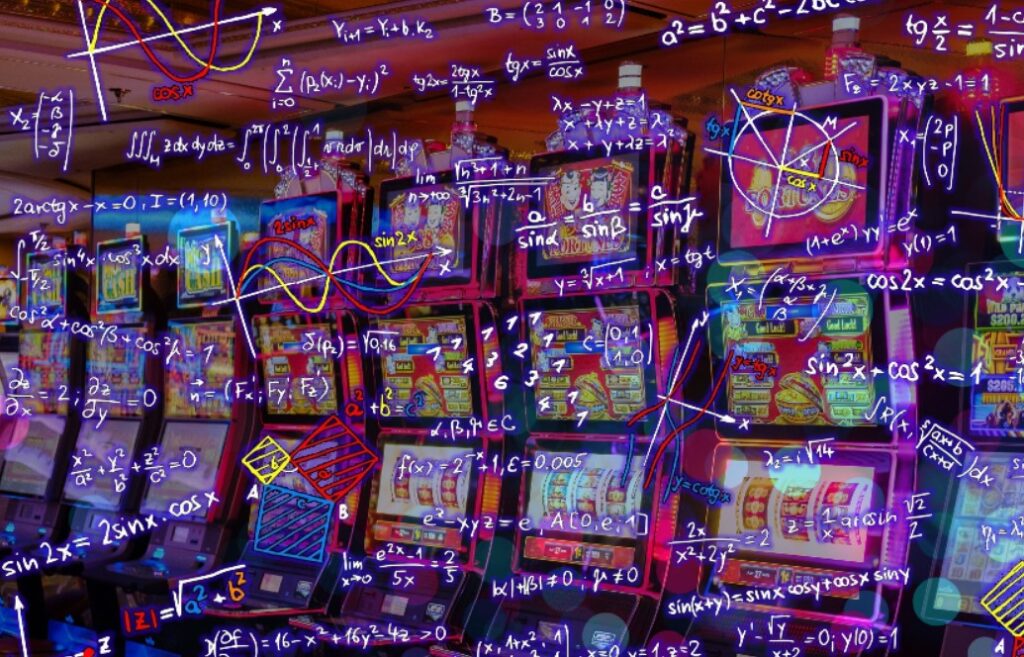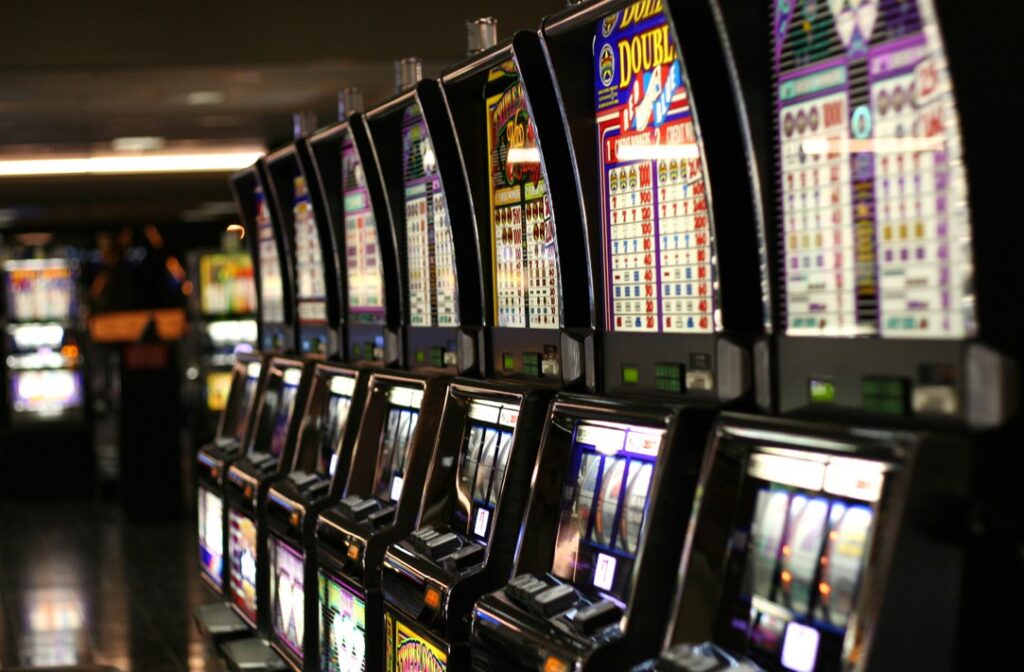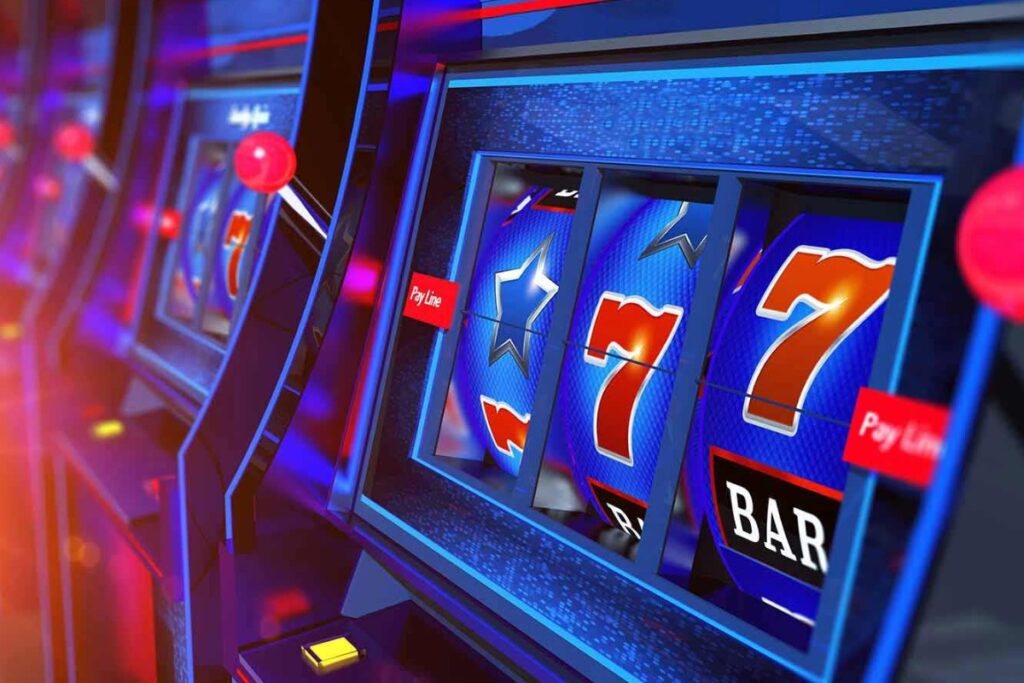
Slot machines are some of the most popular and recognizable fixtures in any casino. With their bright lights, catchy music, and promise of a big jackpot, they lure gamblers in and keep them hitting that spin button.
But what actually goes on inside these machines to control the outcome of each play? Here we’ll explore the anatomy of a slot machine to understand exactly how it operates.
The Brain: Random Number Generator

The random number generator (RNG) is the slot machine’s central processing unit at RubyFortune Casino.
Located inside the machine’s metal cabinet, this microprocessor is constantly and arbitrarily generating number combinations, even when the slot is not in use. Each number corresponds to a potential outcome on the machine.
When the spin button is pushed, the RNG selects the winning combination for that play. It happens almost instantaneously, and then the reels spin and land on the corresponding symbols.
This is why results are truly random and not dependent on previous spins. While the outcome may sometimes look like a pattern, it’s just a coincidence.
The Heart: Reels
The reels are the face of the slot machine featuring the colorful symbols that spin with each play. Modern slot reels are projected on screens, but originally they had physical reels inside that spun around a track and stopped to display symbols through a small window.
Video slot machines have virtual reels that can offer more symbol combinations than physical reel slots. This wider “reel mapping” opens up low-probability outcomes, like big payouts, more frequently to players.
The reels essentially reflect the result determined by the RNG. Sensors communicate the RNG’s number to the reels, triggering them to stop in the appropriate place to show the symbols that comprise the randomly generated outcome.
The Arteries: Wiring
An intricate network of wiring connects the RNG to components like reels, lights, and the coin hopper. These wires facilitate communication to coordinate proper function.
Without wiring acting like arteries to transport the RNG’s signals, the slot could not operate correctly.
The wiring also connects to the slot machine’s “brain” located inside the metal cabinet. This circuit board has RNG software that’s constantly generating number sequences even when not actively playing.
Other anatomical parts like the bill validator through which cash is inserted and a video screen displaying graphics and info are also integrated through internal slot machine wiring.
The Muscle: Coin Hopper

The coin hopper acts as the muscle that powers payouts, pulling in coins from the slot machine’s internal storage and dispensing them into the payment tray. Its function is triggered when a winning combination lands on the reels.
An optical sensor counts out the exact amount that should be paid based on factors programmed into the RNG like the frequency and size of jackpots. The hopper only releases coins when activated by the RNG to ensure accuracy.
Like muscles contracting to move our bodies, the coin hopper flexes its mechanical parts to lift coins into the payout tray. This internal mechanism empties the slot machine’s coin storage based on the RNG’s cues.
Key Anatomical Parts of a Slot Machine
- Random number generator (RNG)
- Reels
- Wiring
- Coin hopper
- Circuit boards
- Bill validator
As you can see, while slot machines appear basic on the outside, they harbor complex inner workings underneath the external casing.
An intricate anatomy of parts has to perform specific functions together to facilitate gambling functionality.
The next time you sit down at a slot, remember it takes a coordinated effort from components like the RNG and hopper to determine and deliver each outcome.
Understanding Slot Payouts

Slot machine payouts depend on a number of factors, but it all stems from the random number generator and reels working in tandem.
- RNG randomly picks the winning combination
- Reels spin and reflect the outcome
- Payout determined by RNG parameters
RNG is constantly generating number sequences that don’t show up until spin is activated. Reels land on corresponding symbols when play starts. RNG is programmed to land on rare jackpots infrequently.




